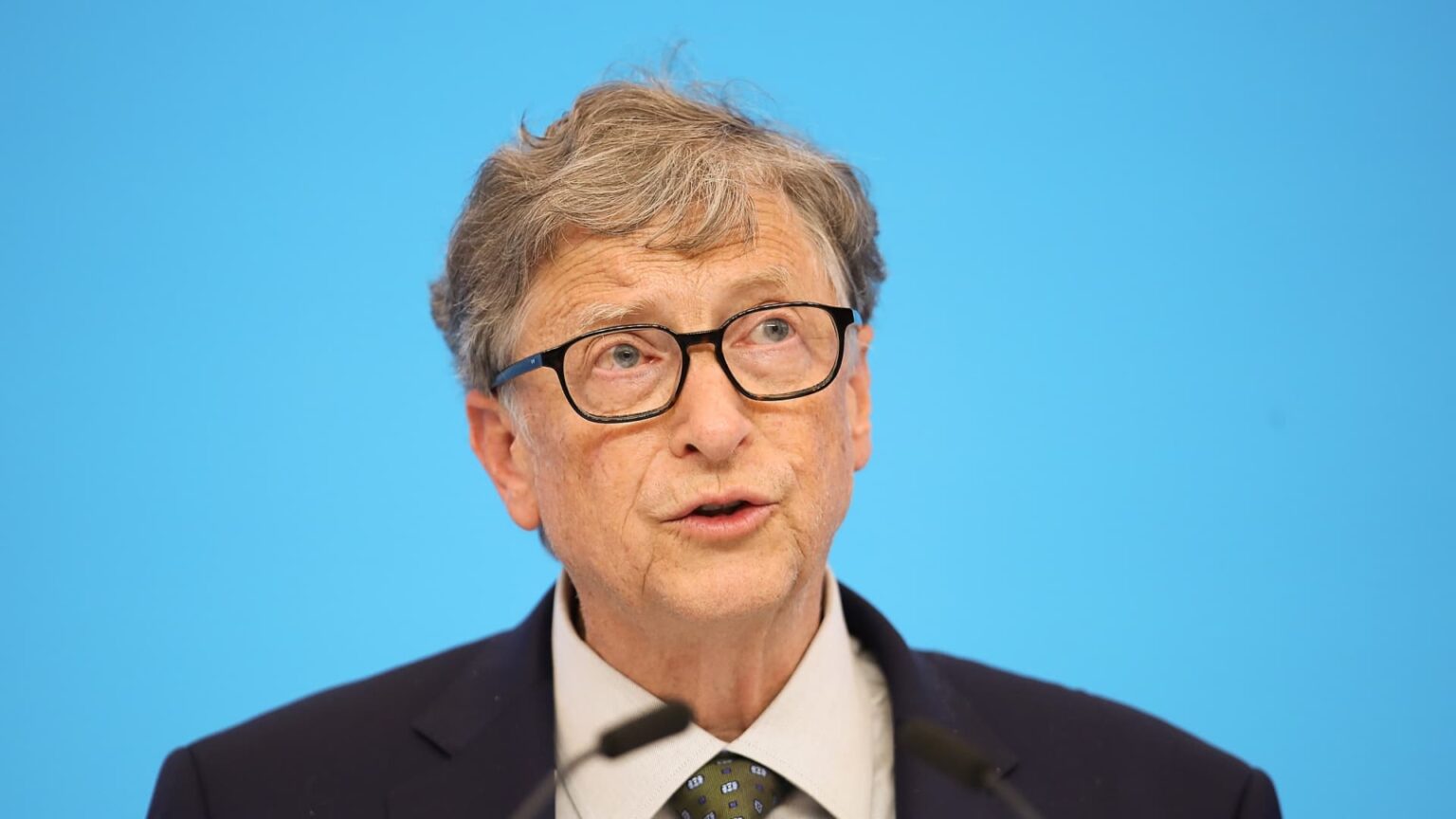Plus: relations between China and the US are worsening
Bill Gates just joined the chorus of big names in tech who have weighed in on the question of risks around artificial intelligence. TL;DR? He’s not too worried, we’ve been here before.
The billionaire business magnate and philanthropist made his case in a post on his personal blog GatesNotes, in which he called AI the most transformative technology any of us will see in our lifetimes—ahead of the internet, smartphones, and personal computers.
His optimism is refreshing after weeks of doomsaying. Gates urges fast but cautious action to address some of the harms AI already poses to society, from elections to education to employment. The problem is that he doesn’t offer anything new.
The UN just set a net-zero goal for shipping. Here’s how that could work.
Ships crisscrossing the world’s oceans are vital to our global economy—everything from the bananas in your kitchen to the car in your driveway may have journeyed on one at some point.
But all that travel causes pollution: the global shipping industry is responsible for over a billion tons of greenhouse-gas emissions each year, about 3% of the world’s total.
A UN group called the International Maritime Organization agreed earlier this month to set a goal of net-zero greenhouse-gas emissions for global shipping by or around 2050. But experts say that there are more than enough tools available for the industry to reach, or even surpass, those new goals.
The US-China chip war is still escalating
The temperature of the US-China tech conflict just keeps rising. Last week, the Chinese Ministry of Commerce announced a new export license system for gallium and germanium, two elements that are used to make computer chips and other tech devices.
By putting a chokehold on these two raw materials, China is signaling that it, in turn, can cause pain for the Western tech system and push other countries to rethink the curbs they put on China.
But despite the country’s intentions, the new export controls may not have much long-term impact on other countries. And technological tensions are only getting worse.

